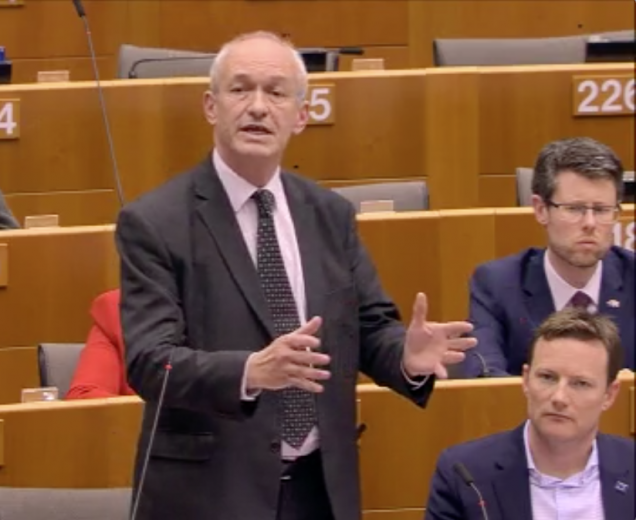An unwelcome opinion on redundancy law expressed today by an advocate of the European Court is not the end of the story, says Richard Corbett MEP.
Common Europe-wide rules protect workers from unfair treatment in the event their employer intends to make them redundant.
Among other rights, these rules guarantee the right to consultation about their employer’s plans, and a statutory notice period before their employment ends.
Exemptions to parts of these rules are in place for small businesses. The opinion expressed by the Court official today essentially suggests that these exemptions can be extended to even very large businesses, such as Woolworths, if it claims that its individual stores are ‘small’ because they have fewer than 20 employees.
In response to the opinion, Labour MEP Richard Corbett said:
If this opinion were to be reflected in the Court’s final judgement, it would be an interpretation of the rules that was surely not intended when it was adopted by elected ministers and MEPs.
European law often includes allowances for small businesses if the cost of implementing the rules might be disproportionate. But to allow a national company to sidestep its obligations simply by defining itself as an association of ‘small’ stores is clearly a long way from what was intended.
This is not the end of the story, however. The job of the Court is to resolve ambiguities and disagreements about European rules. These decisions must be made by judges and we don’t yet have their ruling in this case.
The fact that the Advocate General has expressed a view doesn’t necessarily mean the judges will follow it.
Richard added:
This issue is a classic example of why we need European rules — to ensure a level playing field across Europe, and protect workers’ rights both in the UK and abroad.
It also shows the importance of getting the rules exactly right, to avoid companies exploiting loopholes.
Notes for editors
- Richard Corbett is Member of the European Parliament for Yorkshire & Humber, and Deputy Leader of the Labour MEPs. He is currently Vice-Chair of the European Movement in the UK, and was formerly the spokesperson for the Socialist & Democratic group on EU reform. He was first elected in 1996.
- The European Court of Justice acts as an arbiter when there are disagreements about EU rules. It can also be consulted by national courts on aspects of European law. Its decisions are made by a panel of judges, one from each EU country. It should not be confused with the entirely unrelated European Court of Human Rights, which is entirely unrelated to the EU.
- The Advocate General is an official of the court who reviews cases before they are considered by the judges, and usually issues a preliminary opinion on the relevant law. This opinion can be either confirmed or overturned by the judges themselves.







One Comment